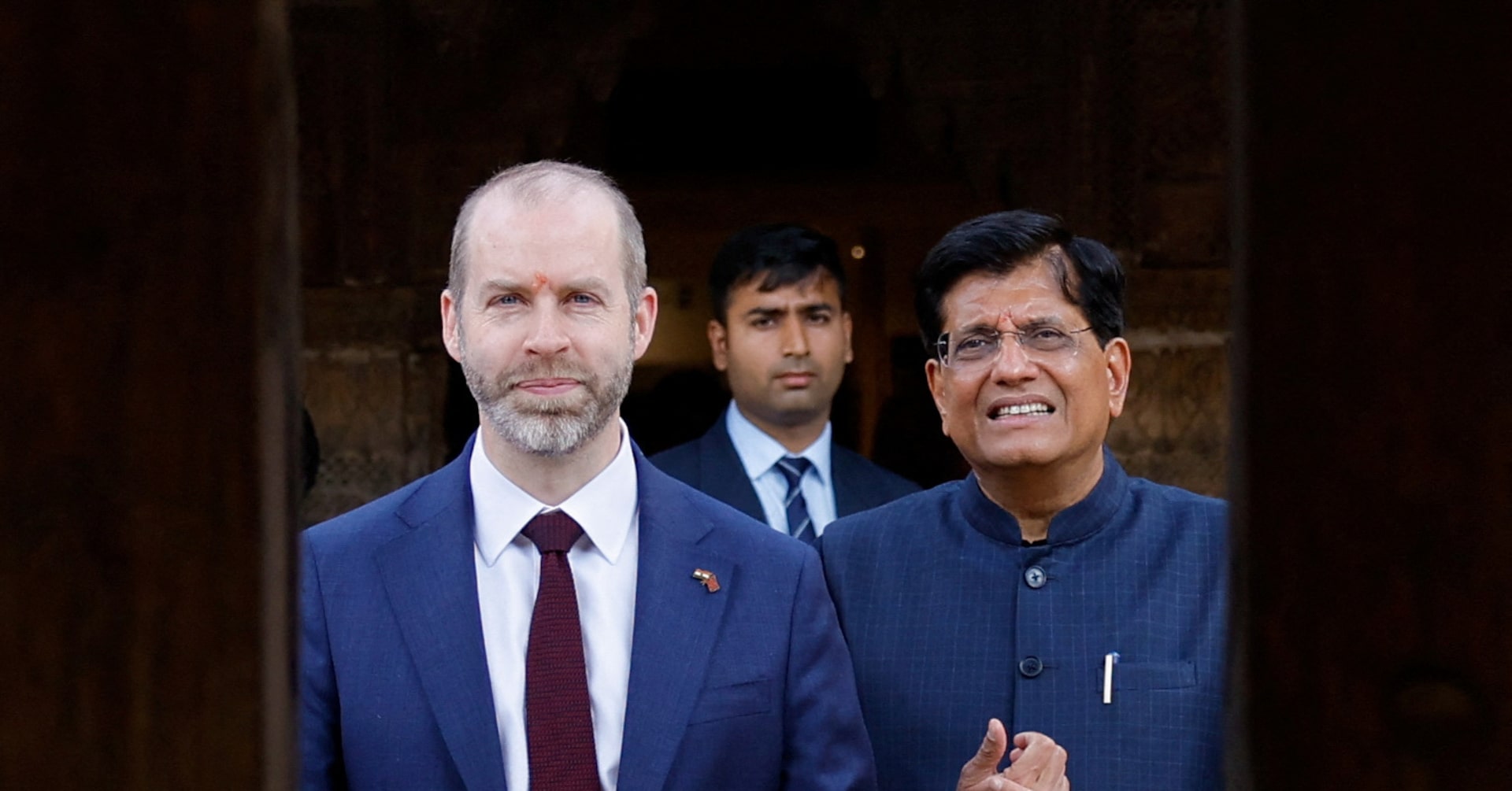Corporate Clash: How New UK-India Treaty Could Let Companies Challenge Government Decisions

A groundbreaking investment treaty between the United Kingdom and India is set to include a powerful dispute resolution mechanism that will empower companies from both nations to challenge government policies they believe unfairly impact their investments or potential profits. According to two sources with direct knowledge of the ongoing negotiations, the proposed provision represents a significant step in strengthening bilateral economic relations and protecting corporate interests.
The proposed clause would give businesses from both countries a legal pathway to seek compensation or challenge regulatory changes that they perceive as detrimental to their financial interests. This innovative approach signals a commitment to creating a more transparent and equitable investment environment, potentially setting a new standard for international economic agreements.
By allowing companies to directly challenge government decisions, the treaty aims to provide a robust framework that balances corporate protection with national policy-making flexibility. The sources, who spoke on condition of anonymity, highlighted that this provision could be a game-changer in how international investments are protected and disputes are resolved between the two nations.
